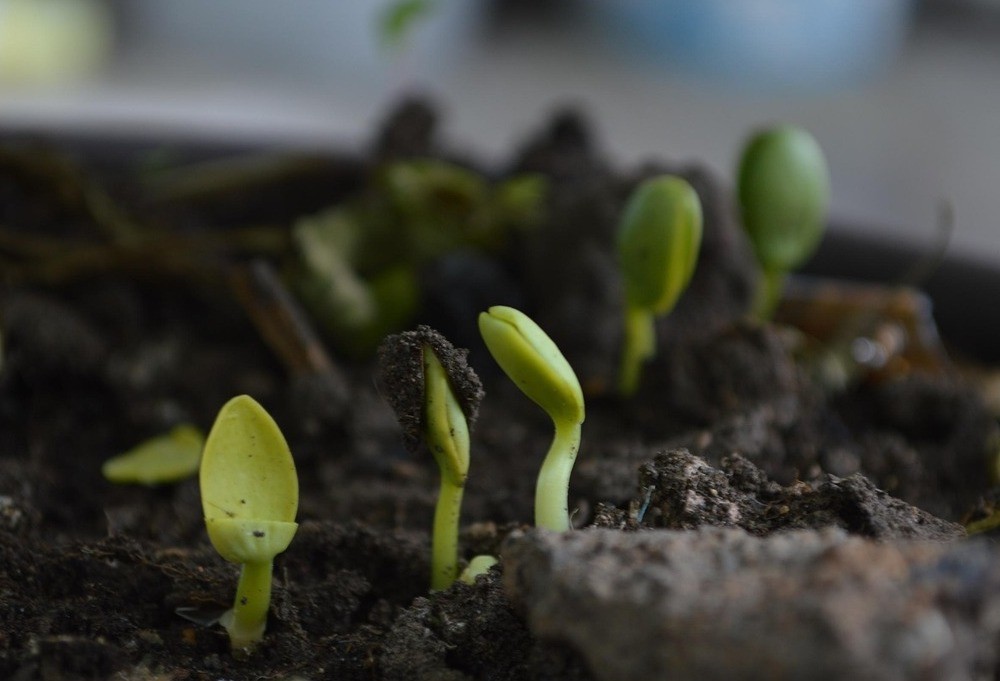During the Green Med Expo & Symposium, the Italian consortium composting (CIC) presented an interesting initiative for the regeneration of Urban Green: The Urban Carbon Farming
This proposal emphasizes the strategic role of the supply chain of organic waste recycling, not only fundamentally for the recovery of resources, but also for improving agricultural and urban soils, with a positive effect on collective wells.
The role of compost in urban green
Il Italian composting consortium He was the protagonist of the meeting “Urban Carbon Farming: The soil is an ally against global warming”in which the importance of the “Compost Resource” obtained from sorting waste To create and regenerate the green of the cities.
This practice produces concrete effects such as the improvement of the fertility of urban soils, the reduction of hitter islands, the increase in urban resilience and the creation of welfare spaces for the community. Massimo pententerodirector of the CIC, underlines: “Urban Carbon Farming can become a model to take on and distribute: a tool for improving parks, gardens and public green spaces, making them converted into real allies in the challenge for a healthier, sustainable and resilient urban environment”.
What is urban carbon agriculture
L ‘Urban Carbon Farming It was born as an innovative application of carbon farming, a series of agronomic practices aimed at seizing carbon in the soil and improving the balance. This approach was designed for the urban context, with the aim of regenerating the city dust and reducing the effects of climate change, in accordance with European environmental guidelines.
As land consumption reaches 15% of urban areas, it is crucial that cities also become protagonists of the ecological transition, the use of local projects, stimulation mechanisms and public support policy.
The quality of the organic collection: a challenge to take on
To feed the virtuous cycle of effective Urban Carbon Farming It is essential to have high quality organic waste. Unfortunately, in recent years there has been an increase in impurities in the organic fraction -collection: plastics, metals and non -compostable bags of the transformation processes and the quality of the compost.
Cic emphasizes the importance of a correct separate collection, since then “For decades, the refusal was easily considered something to remove. Nowadays, in a global context characterized by the growing scarcity of raw materials and the climatic crisis, this paradigm is intended to change radically”.
A systemic and recycled approach
Organic refusal is no longer a problem to be eliminated, but a strategic source that can generate matter, energy and raw materials. However, improving the collection is not sufficient: it is necessary to reconsider the entire process as an integrated industrial system, where every phase – from collection to treatment – is efficient and sustainable.
As noted by the president of CIC, Lella Miccolisduring the conference “Separate collection, it’s time for a paradigm change”, “Separate collection is not the end, but the means, the only goal is recycling or recovery of matter and energy”. Miccolis also remembered that “the chains of dry and humid differentiated waste must work together to prevent contamination, which means that the reduction of management costs and obtaining quality recycling products”.
Minimum environmental criteria e Green public purchasing
The recent decree of the Ministry of Environment aims to reduce the environmental effects with regard to the collection and transport of urban waste, guaranteeing the maximization of the quality and quantity of the collection.
These objectives are fully shared by the CIC, which has dealt with the theme Green public purchasing emphasize the importance of constant monitoring of the quality of the waste granted.
Every year the consortium creates more than 1500 product studies in factories on national territory, which guarantees punctual and effective management.
Strategic agreement with the Campania region
CIC’s participation in the Green Med Expo It ended with an important agreement with the Campania region to promote efficient management of organic waste at a regional level.
The work table that will be born from this agreement will be called to define the most effective strategies to achieve national and European objectives on waste management, which adjusts the best practices to the specificities of the Campania territory.
The Italian composting consortium: a reality that deals with the circular economy
The CIC is a non -profit association that recycling the organic fraction and the improvement Derived products, such as compost and biomethane. With more than 150 consortia, producers, managers of composting and anaerobic composting and digestive factories, associations, research agencies and companies in the sector brings together.
For years, the consortium is busy promoting the quality of individual collection and in creating control and certification programs, such as the CIC Quality Compost brand (since 2003) and the CIC -compostable brand (since 2006).
Nowadays the CIC continues to work to achieve the European objectives of the circular economy, which contributes to experience and innovation. Click WHO For more information.


